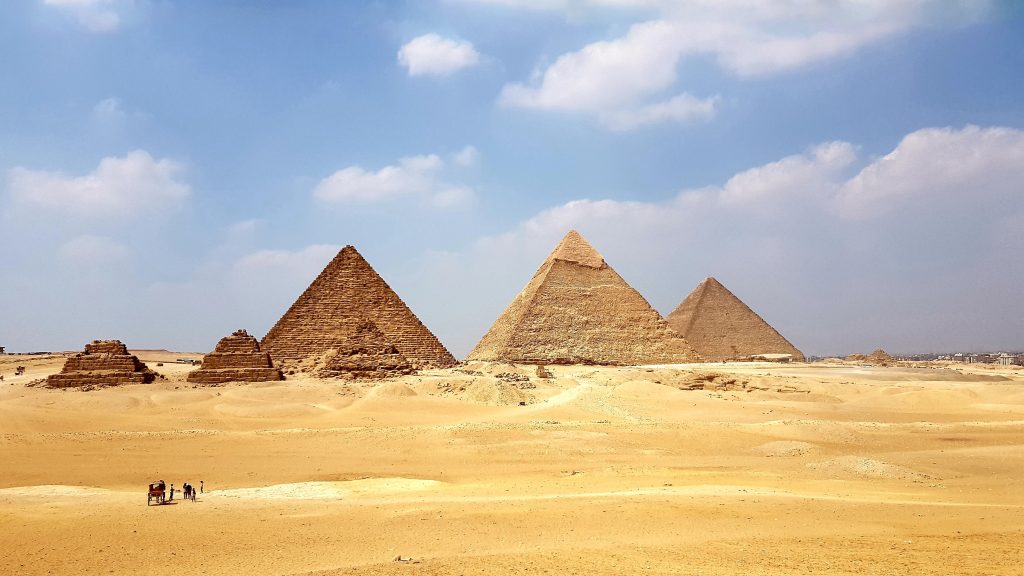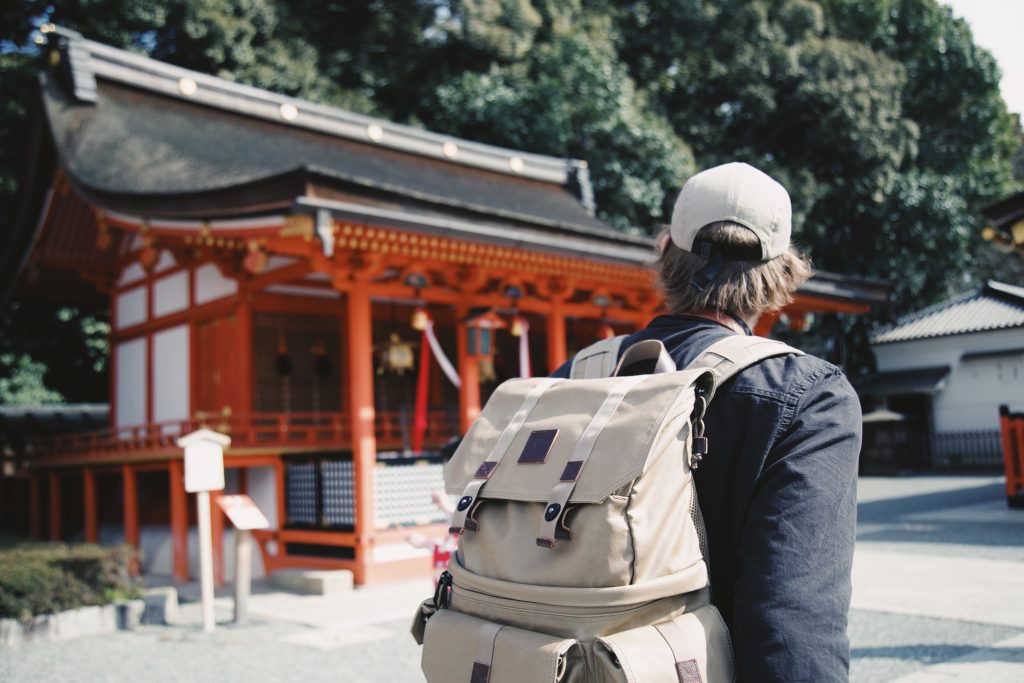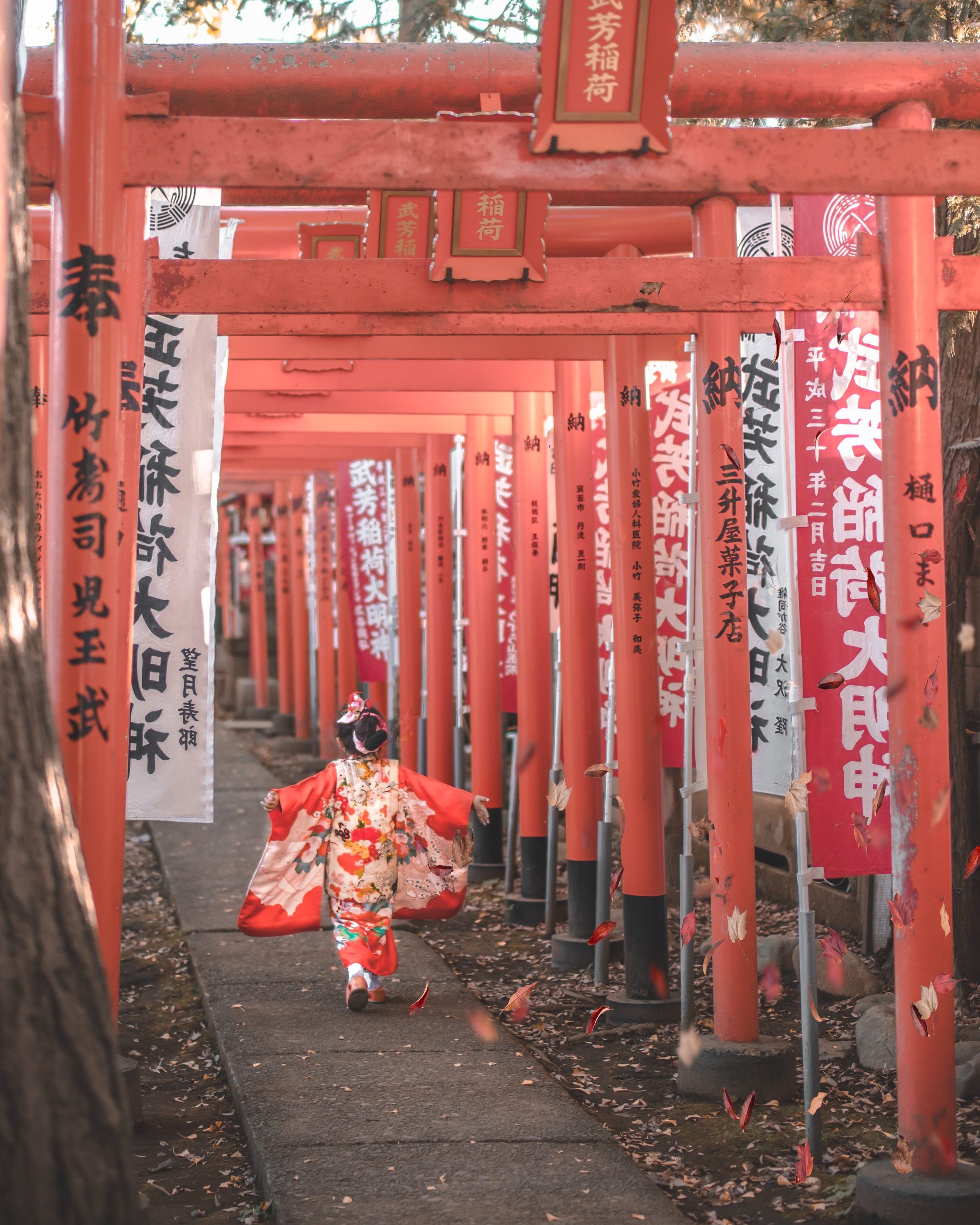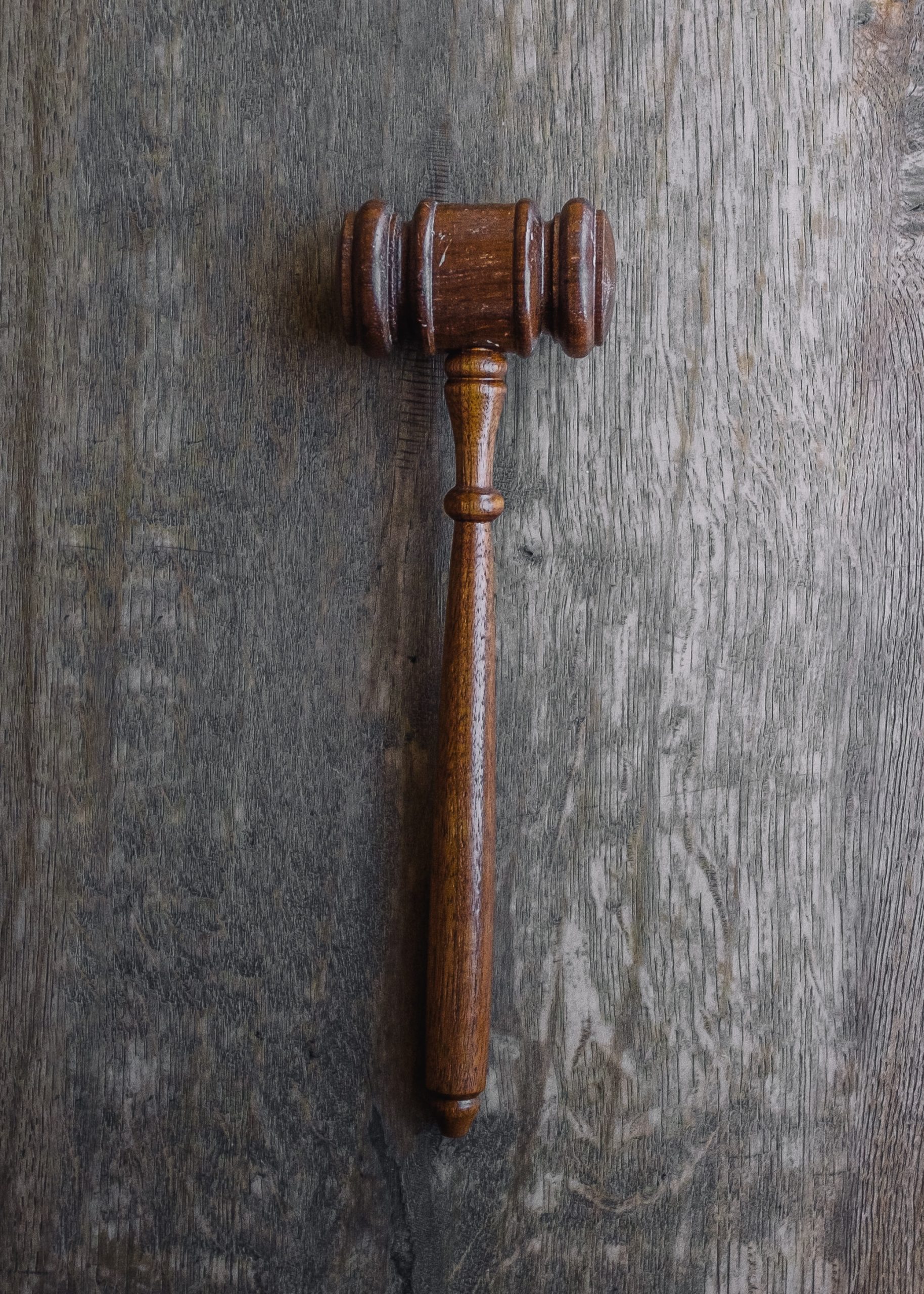So I’ll be travelling to Japan for the first time next month. As with any country or city that I haven’t visited before, I’ve been looking up what to do, where to eat, what to see, etc. Of course, this has compelled the algorithms on my various socials to show me seemingly unlimited Japan Travel content. Extremely chipper, generally American, people in their early 20s present snappy, colourful lists of places that are “undiscovered gems”, “must see sights” and “soooo authentic”. If I hear the phrase “next level” one more time I’m lobbing my phone out of the plane.
The problem is, the accuracy of any information you’re given on social media is pretty hard to verify. Is that undiscovered gem actually that? Or is it rubbish and that’s why nobody talks about it. Is that café actually gorgeous with the “most delicious food ever”? Or has careful editing made it look that way? Tourist traps are easier to fall into when 20 influencers have called it a “must-see”.
We need to remember that Social Media content rarely shows reality.
Let’s take the example of Ryu no Miyako Inshokugai Shinjuku Higashiguchi Yokocho (a mouthful I know). This gorgeously styled restaurant complex that opened last October has been a favourite of bloggers and influencers. With impeccably decorated scenery and trendy street food, it’s understandable that people would flock there to create “content”. And of course they show themselves having a wonderful time and you, the viewer, should totally check it out if you’re ever in Tokyo. The problem is, almost all the reviews it’s received that aren’t classed as “content” have said it’s disappointing . Looks pretty, but that’s it. Food apparently mediocre and overpriced, service poor.
Now tourist traps aren’t a new phenomenon. They’ve probably existed as long as tourists have. The issue now is that endorsement of them on social media has become overwhelming. If you’re being bombarded with inaccurate travel recommendations, you’re more likely to miss places that are actually worth going to. Instead of drinking delicious coffee in an understated local café, you may pick the cute kitty latte art café who’s coffee tastes of dirt, but that’s ok because it looks great in photos. You’ll end up visiting spots where you can take a great selfie, but that’s about it.

Then there’s the increasing idealization of Japanese culture.
Whilst my above gripes can be applied to any popular tourist destination, Japan is facing a unique level of interest. A phenomenon that’s existed for a long time, but has been exacerbated by the internet and social media, is that of Japan being the most immersive theme park you’ll ever go to. Their TV is wild! Their fashion is insane! They live in the future! To the point where people seem to forget that it’s just another country, with regular people going about their regular lives. This meme that people will think anything is cooler if it’s Japanese illustrates my point nicely. With this phenomenon in place, it becomes even harder to separate the fiction from reality when you’re a traveler.
So where can you go for accurate travel advice?
There are a few options that’ll do you better than social media, and they exist in the Mesaverse, rather than the Metaverse.
- Guidebooks: an oldie but a goodie. Guides like Lonely Planet and Rough Guides are reputable sources of information, most of which can be found both in paper form or on their websites. They’re regularly updated and expanded by professional travel writers.
- Someone you know personally: my personal favourite. Someone who knows you will know what you’re cool with: what your requirements are. Hate hot weather? Aren’t up to steep climbs? Need a mojito at least 3 times a day? If they know you they can give you the best advice. First hand experiences are the most trustworthy. This can also work with friends-of-friends, friends-of-family, family-of-family, etc.
- Tourist Information Centers: a great source of accurate maps, brochures, and information that may not be available online. Of course you need to have already travelled to your destination for these. But sourcing information about local attractions can best be found locally. Just make sure the information center is official.




